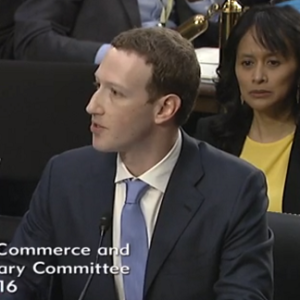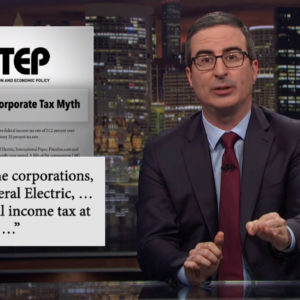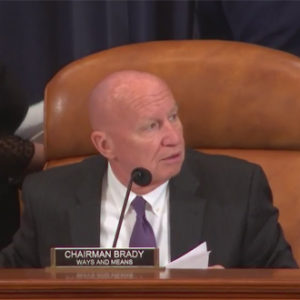
Facebook Facing Shareholder Scrutiny for its Offshore Tax Avoidance
In recent months, Facebook CEO Mark Zuckerberg has been hauled before lawmakers in the United States and the European Union to respond to criticism of the company’s privacy policies and sharing of user data. Now the company’s dodgy tax practices are facing increased scrutiny from an even more important source: some of its own shareholders. In advance of its annual shareholders meeting on May 31, Facebook was confronted with a shareholder resolution (Proposal 8 on pg. 59) asking it to endorse a set of principles to guide its tax policy and to ensure that such principles consider the impact of its tax strategies on local economies and public services. The resolution is a signal from a group of concerned shareholders that Facebook’s tax avoidance hurts its reputation, the communities in which it operates, and creates financial risks to the company’s shareholders.






